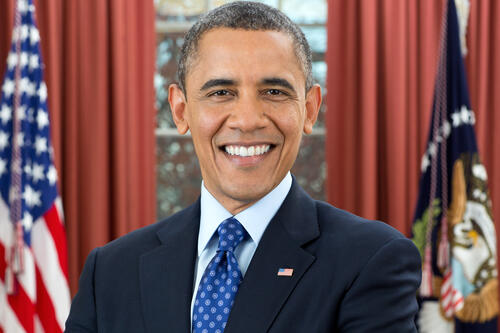Join us on Tuesday, May 24 from 12 PM - 1 PM PT for “Bridging the Cybersecurity Data Gap with Privacy Protected Data Sharing” featuring Taylor Reynolds of MIT’s Internet Policy Research Initiative, Megan Stifel of the Institute for Security and Technology, and Klara Jordan, Chief Public Policy Officer of the Cyber Peace Institute, in conversation with Kelly Born of the Hewlett Foundation. This weekly seminar series is jointly organized by the Cyber Policy Center’s Program on Democracy and the Internet and the Hewlett Foundation’s Cyber Initiative.
About the Seminar:
Cyber attacks are increasing over time and useful insights into the causes and impact of successful attacks could help all organizations better understand the harm caused by such incidents, and improve their defenses. However, organizations currently have little incentive to report attempted or successful attacks if sharing such sensitive information could invite regulatory scrutiny, create reputational harm for the company, or provide an advantage to their competitors. The result is an environment where attacks happen on a regular basis, but collectively we learn very little from them. Today, neither the public nor policy makers fully understand the impact and risks of cyber-attacks - a gap that needs to be addressed to inform policy making, resiliency measures, and individual empowerment to seek redress. Join Taylor Reynolds of MIT, Klara Jordan of the Cyber Peace Institute, and Megan Stifel of the Institute for Security and Technology, in conversation with Kelly Born of the Hewlett Foundation, to explore the problems posed by underreporting, the promise of new “privacy enhancing technologies” and the real-world challenges of deploying these technologies at scale.
About the Speakers:
Taylor Reynolds is the research director of MIT's Internet Policy Research Initiative (IPRI) which collaborates with policymakers and technologists to improve the trustworthiness and effectiveness of interconnected digital systems like the Internet. Taylor's current research focuses on three areas: cyber security, cyber risk and the future of data. Taylor was previously a senior economist at the OECD and led the organization’s Information Economy Unit covering policy issues such as the role of information and communication technologies in the economy, digital content, the economic impacts of the Internet and green ICTs. His previous work at the OECD concentrated on telecommunication and broadcast markets with a particular focus on broadband.Before joining the OECD, Taylor worked at the International Telecommunication Union, the World Bank and the National Telecommunications and Information Administration (United States). Taylor has an MBA from MIT and a Ph.D. in Economics from American University in Washington, DC.
Megan Stifel is the Chief Strategy Officer at the Institute for Security and Technology, where she also leads the organization’s cyber-related work. Megan previously served as Global Policy Officer at the Global Cyber Alliance and as the Cybersecurity Policy Director at Public Knowledge. She is a Visiting Fellow at the National Security Institute. Megan previously served as a Director for International Cyber Policy at the National Security Council. Prior to the NSC, Ms. Stifel served in the U.S. Department of Justice as Director for Cyber Policy in the National Security Division and as counsel in the Criminal Division’s Computer Crime and Intellectual Property Section. Before law school, Ms. Stifel worked for the U.S. House of Representatives Permanent Select Committee on Intelligence. She received a Juris Doctorate from Indiana University and a Bachelor of Arts, magna cum laude, from the University of Notre Dame.
Klara Jordan is Chief Public Policy Officer of the Cyber Peace Institute. Prior to that, Klara was the Director for Government Affairs and Public Policy for the UK at BlackBerry and the Executive Director for the EU and Africa at the Global Cyber Alliance. She also served as the director of the Cyber Statecraft Initiative at the Atlantic Council think tank, and worked in the policy and privacy division of FireEye. Her background also includes work on international law issues at the American Society of International Law and at NATO’s Allied Command Transformation.
Kelly Born (moderator) is the Director of the Cyber Initiative at the William and Flora Hewlett Foundation. She leads a ten-year, $130 million grantmaking effort that aims to build a more robust cybersecurity field and improve policymaking. Previously, Kelly was executive director of the Stanford Cyber Policy Center. Prior to that, she was a Program Officer for the Madison Initiative at the William and Flora Hewlett Foundation, an 8-year, $150 million portfolio focused on improving U.S. democracy. Kelly oversaw Madison’s grantmaking on campaigns and elections, and digital disinformation.












